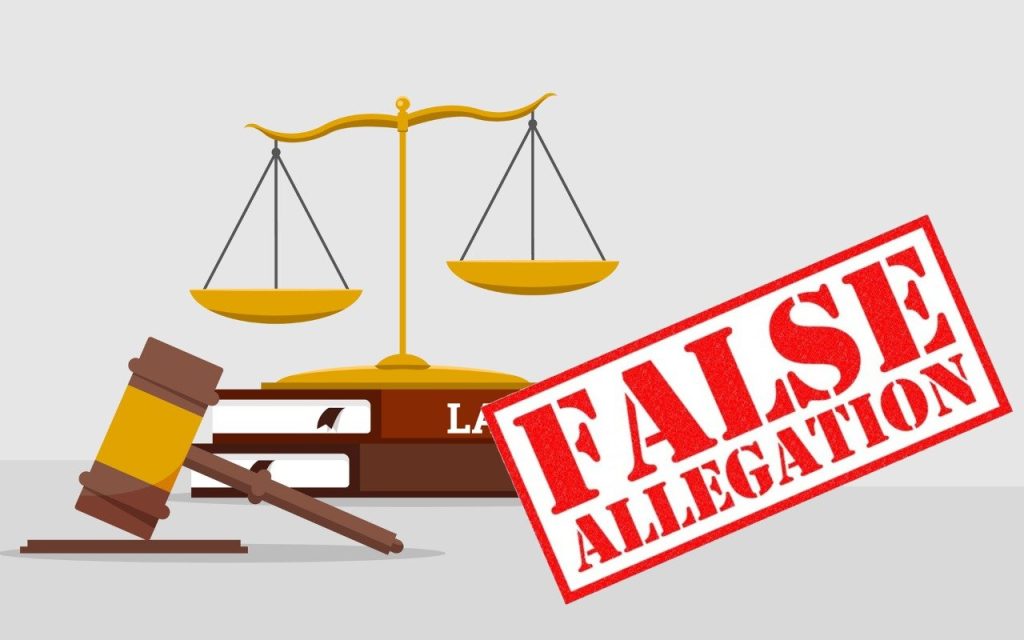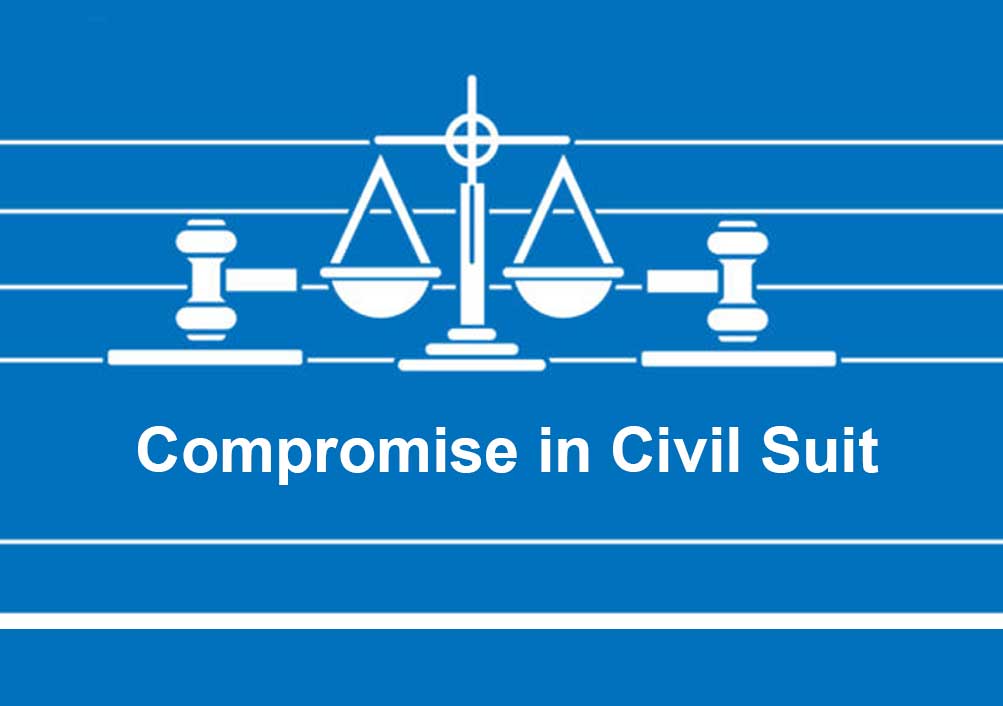Here is a short article on when a chargesheet/ police report submitted by the police is deemed to be a “complaint” as per the Cr.P.C./BNSS. A “complaint” is defined u/s 2(d) of the Cr.P.C., 1973. It reads, “(d) “complaint” means any allegation made orally or in writing to a Magistrate, with a view to his taking action under this Code, that some person, whether known or unknown, has committed an offence, but does not include a police report.
Explanation.—A report made by a police officer in a case which discloses, after investigation, the
commission of a non-cognizable offence shall be deemed to be a complaint; and the police officer by
whom such report is made shall be deemed to be the complainant”
Under the new Criminal Procedure Code, i.e., the Bharatiya Nagarik Suraksha Sanhita, 2023, it is defined u/s 2(h), which is pari materia the definition given under the Cr.P.C., 1973.
As per these definitions, usually a police report/ chargesheet is not a complaint. But when the police officer investigates into an offence with the impression that the same is a cognizable offence, but subsequently the investigation reveals that it is a non-cognizable offence, the police report/ chargesheet he forwards to the Magistrate u/s 173 of the Cr.P.C./ 193 of the BNSS, will be a “complaint”.
In such circumstances, the Magistrate taking cognizance does so u/s 190(1)(a) of the Cr.P.C., rather than 190(1)(b) of the Cr.P.C. (u/s 210(1)(a) of the BNSS, rather than u/s 210(1)(b) of the BNSS).
The rationale behind such a differential treatment being given is because to investigate a non-cognizable offence, it is mandatory for the police to get the permission of the Magistrate (S. 155(2) of the Cr.P.C./ S. 174(2) of the BNSS), and so when the police investigate into an offence thinking it is a cognizable offence, but eventually a non-cognizable offence is what is uncovered, the police report assumes the color of a ‘complaint’.
Since the same is to be treated as a ‘complaint’, such a proceeding will be governed by Chapter XV of the Cr.P.C., 1973 (Complaint-case) + the applicable Chapter for trial (either Sessions/ Magistrate trial of cases instituted otherwise than on a police report).
In the case of Atmaram Yadav v. State of U.P. (APPLICATION U/S 482 No. – 11118 of 2022, Dt. 22.06.2022), the Allahabad HC explained that since the police report already contains sufficient material, it wouldnt be necessary to examine the police officer merely because what he has forwarded is deemed to be a ‘complaint’, and the cognizance is taken u/s 190(1)(a) of the Cr.P.C.
It must go without saying that the above deemed interpretation is applicable only when the investigation becomes with the assumption/belief on part of the police that the offence is cognizable in nature. This may have to be verified by the Magistrate taking cognizance by looking at the FIR registered initially – to verify if the offence stated therein is a cognizable offence. Incase it is not so, the report submitted is vitiated since no permission was sought to investigate into a non-cognizable offence as per S. 155(2) of the Cr.P.C. This is a very short article just to briefly explain this concept. A much wider view will be shared in the coming days! Thanks for reading!
Views are personal. Contact for personal assistance.
Subscribe to the Lawyers’ Society Youtube Channel to receive informative legal videos.









